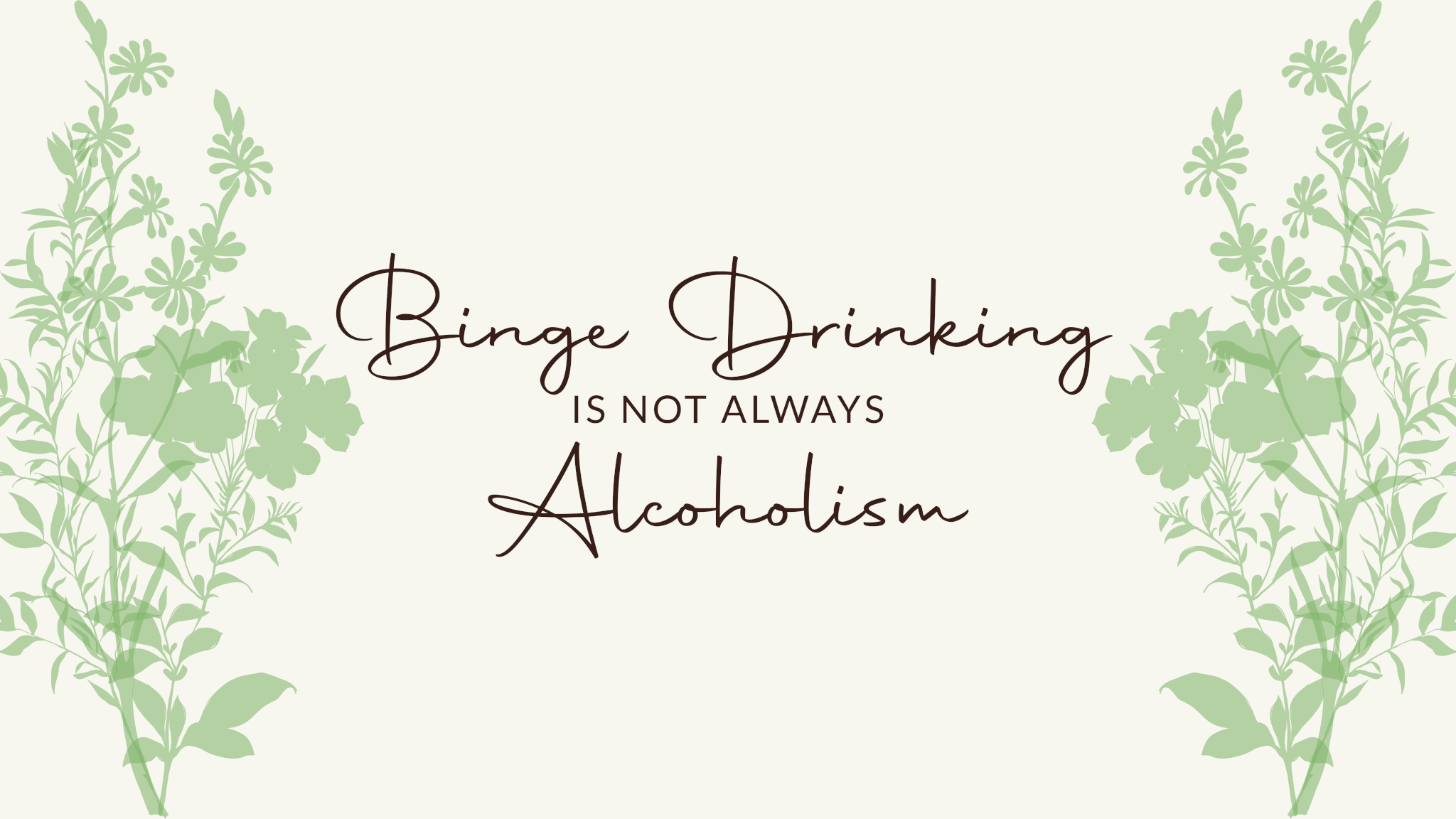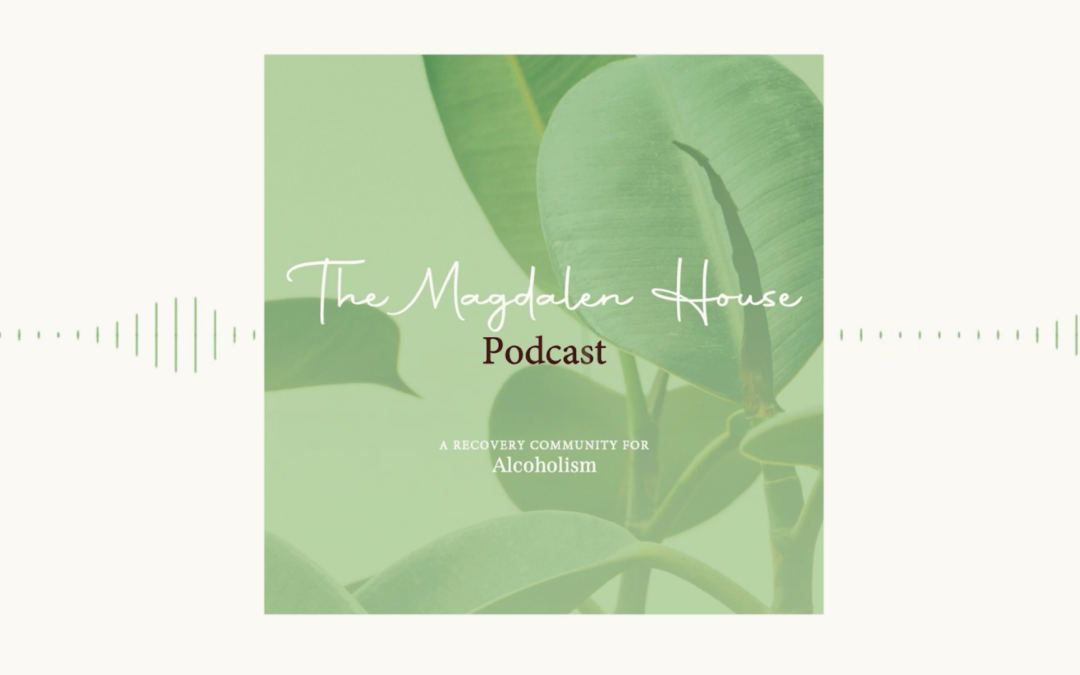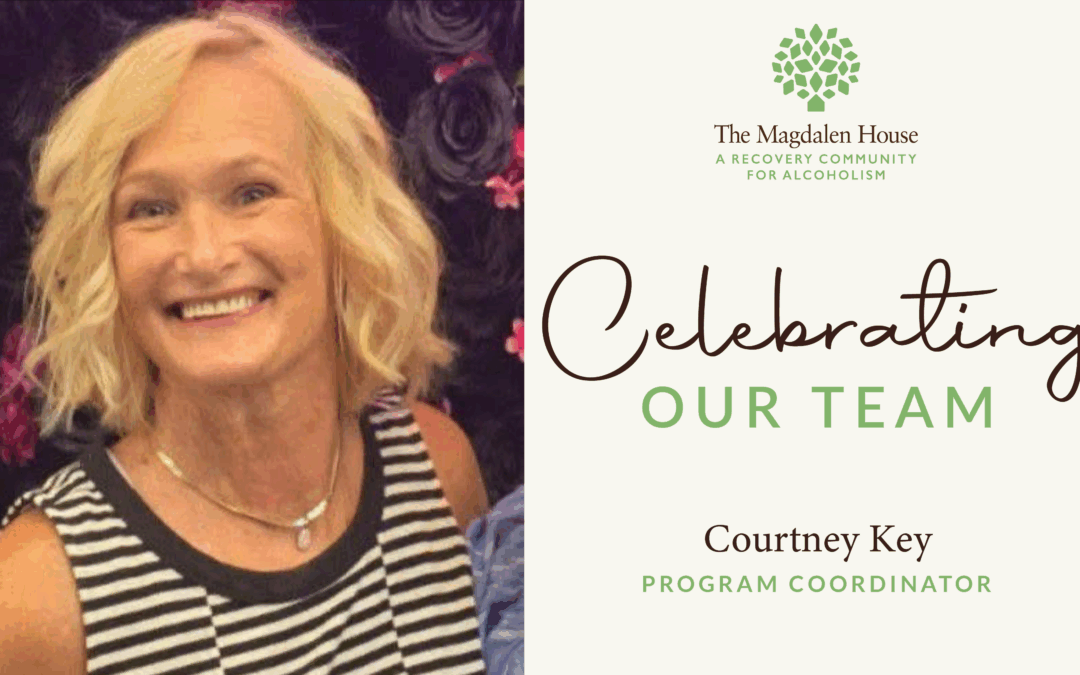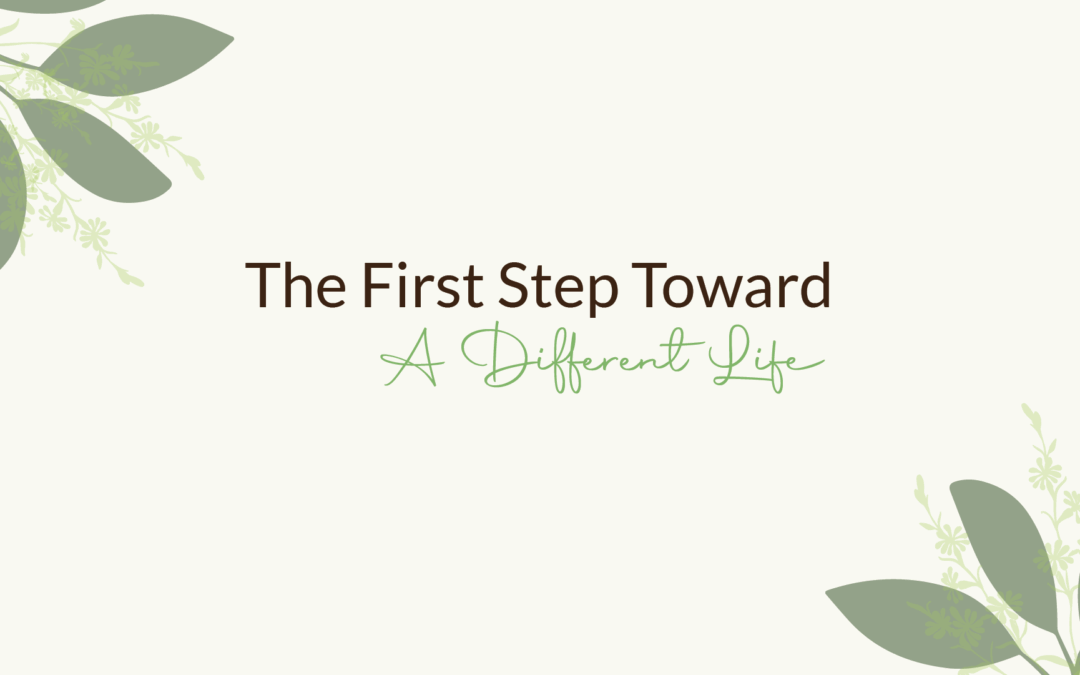Written by Diana Miller, Contributor
Many people binge drink during the holidays- alcoholics and non-alcoholics alike. They then get to January and, as a New Year’s resolution or maybe even to prove to themselves or others that they are not an alcoholic after those binges, they will participate in something like Dry January– a public health campaign that urges people to abstain from drinking alcohol for an entire month. But unlike other monthly challenges practiced to raise awareness for one thing or another, Dry January can cause more harm than good for those struggling with the disease of alcoholism.
Dry January can cause more harm than good for those struggling with the disease of alcoholism.
So, what exactly is binge drinking and if you are a binge drinker, does that mean that you are also an alcoholic? The answer to the questions is twofold; not all binge drinkers are alcoholics and not all alcoholics are binge drinkers.
The answer to the questions is twofold; not all binge drinkers are alcoholics and not all alcoholics are binge drinkers.
Binge drinking is defined as consuming 4 or more drinks on an occasion for women or 5 or more drinks on an occasion for men. By this standard, many people could be considered a binge drinker simply by the way they drink on the weekends and holidays. However, many people who binge drink do not have the two defining characteristics of alcoholism: theirbody reacts differentlyto alcohol than that of a non-alcoholic and two, they have a mental obsession around alcoholism.
Binge drinking tends to be situational; the drinker knows they will “overindulge” at a holiday party or event, and most likely will resume their normal drinking habits after this period of time. To the casual observer, it may seem as if a person binge-drinking during the holidays, parties, or other events is an alcoholic, but this behavior alone does not equate to alcoholism.
To the casual observer, it may seem as if a person binge-drinking during the holidays, parties, or other events is an alcoholic, but this behavior alone does not equate to alcoholism.
When we imagine alcoholics, we may imagine someone that drinks excessively day in and day out, are unable to hold a job, take care of their families, are homeless, or have a slew of other non-desirable traits. The truth is that consequences, or lack thereof, do not an alcoholic make. For the longest time, I did not think I was an alcoholic because on paper, my life looked great. I did not have severe consequences due to my drinking. I now know that I have a physical allergy to alcohol and once alcohol is imbibed, a phenomenon of craving develops and I have no control over my drinking and will continue to drink- regardless of my best intentions and willpower. Most importantly, without a solution, I have a mental obsession around alcohol and believe that someday, somehow I will drink like a normal person.
Some alcoholics are binge drinkers and have periods of time where they do not drink at all. This can give them and those around them the false sense that they are not an alcoholic; events like Dry January can further reinforce this false sense of security. Surely if you are able to go few hours, days, weeks, or even months without drinking, you cannot be an alcoholic, right? Again, the answer lies in the mental obsession; if you are still constantly thinking about when you will be able to have your next drink (or even how you will keep from having the next drink), then chances are you have a mental obsession around alcoholism. And the next factor for binge drinking alcoholics is that once a binge begins, you do not have the ability to stop, even if you have a desire to do so.
Some alcoholics are binge drinkers and have periods of time where they do not drink at all. This can give them and those around them the false sense that they are not an alcoholic; events like Dry January can further reinforce this false sense of security.
Am I an alcoholic? This is a question only you can answer. The Big Book of Alcoholics Anonymous puts it this way: “if, when you honestly want to, you find you cannot quit entirely, or if when drinking, you have little control over the amount you take, you are probably alcoholic.” The key words here are a “honest” and “control”. When an alcoholic wants to quit- of their own accord (not at the encouragement or threats of consequences from others) and they find they cannot, they may realize they are probably alcoholic. This is the first step taught in the Big Book and the first step needed in recovery. If you answered yes to either of the Big Book’s questions, do not be discouraged! There is a solution, and we at The Magdalen House are here to help you achieve sobriety and sustain recovery.
There is a solution, and we at The Magdalen House are here to help you achieve sobriety and sustain recovery.






